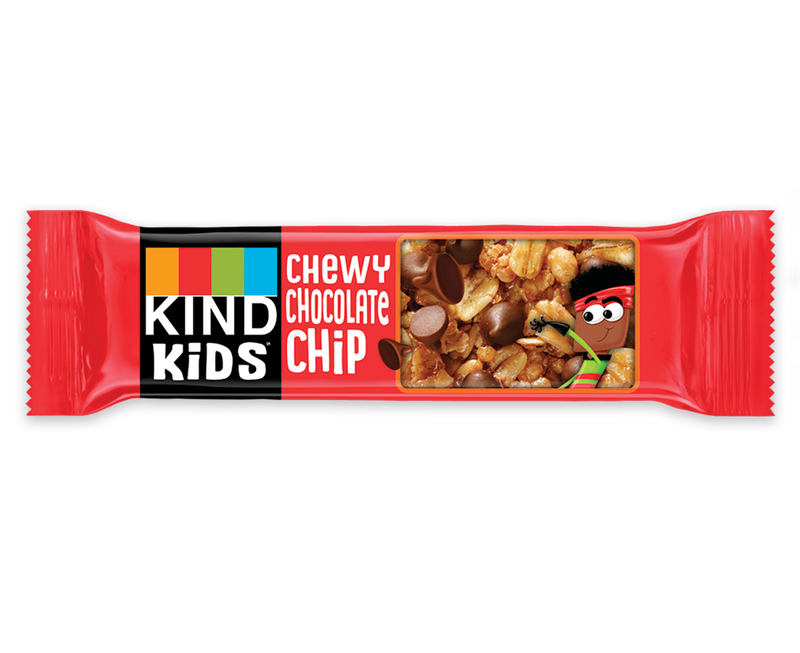Guest post by Angela Houlie, MS, RD2Be
School age is an important time of growth and development for children as they experience physical, mental, emotional, and social changes.1 Good nutrition is foundational in supporting growth and learning potential. Energy levels, physical stamina, memory, mood, mental clarity and emotional and well-being are all affected by nutrition.1
Brain function is linked to proper nutrition, and anti-nutrients like refined sugar, bad fats and additives can negatively affect a child’s mind, and can make them feel less focused. Undernutrition is the inadequate uptake of energy and nutrients, like quality protein sources, vitamins, and minerals.2 The United Nations Standing Committee on Nutrition found that poor nutrition is related to poor academic performance and decreased mental capacity.3 One study found that children who are severely undernourished in early childhood have a later reduction in IQ of as much as 15 points.3
Image credit: ClipArt Library
What’s a parent to do? In today’s busy world of navigating remote life, work, school, activities, it can be daunting going to the supermarket and attempting to buy healthy snacks for your kids. The market is saturated with products that may deceive you by their fancy packaging and healthy or organic labels or you may simply grab the tried and true household staple brands not thinking twice about the nutrients.
You don’t need to perform a total overhaul of your family’s life to be healthier, instead, make small, easy swaps for everyday life. The more your children begin to snack smarter, the more brain power your children will have to focus and do great at school!
Tips for Choosing the Best Healthy Snacks for Kids
- Look at the first three ingredients. If the first three ingredients contain sugar, high fructose corn syrup, or anything related to sugar, this is probably not a good choice and something to pass over.
- Look for minimal amounts of added sugars. The nutrition label now separates out added sugar content making it easier to identify. A product with 5% daily value or less of added sugar is a low source and a good option.4 Anything with 20% daily value or more is a high source of added sugars and something to avoid.4
- Choose whole grains. Look for 100% whole wheat or whole grain on the ingredient list.
- Be mindful of sodium. Especially in foods that aren’t specifically targeted to kids like crackers, and try to choose the reduced-sodium option.
- Look at the protein and fat content. Protein and fat keep your kids fuller longer and so these are always great options for a growing child to fuel their brain.
- Make a complete snack by adding fat or protein. For example, adding some nut butter or avocado alongside those crackers will add protein/fat and ensure the energy lasts longer.
Now what? You have some information about nutrition, but you are standing in the supermarket trying to make sense of it all. In today’s busy world, there is minimal time to make homemade snacks, and so here are some smart snackoptions that you can easily purchase on your next trip to the grocery store or even your virtual grocery trip as you load up your Amazon fresh cart. Happy shopping!
Smart Swap: Bars
What kid doesn’t love a bar for a snack? Many are unfortunately loaded with added sugars and basically a glorified candy bar!

Image credit: KIND Bars
KIND Kids Granola Chewy Bar contains 25% less sugar, no artificial flavors, colors, preservatives, and is gluten free.
Cerebelly Bars are created by a mom and neurosurgeon. These bars are jam packed with key nutrients to help support your child’s brain development.
RX Kids Bars are a kid size version of the adult favorites, and they have no added sugar!
Smart Swap: Crips, Puffs, and Crackers
It’s all about the crackers for kids! Some are loaded with salt and so here are some options that even add a dose of vegetables and protein.
Bitsy’s Smart Crackers are School Safe and free of nuts, baked with veggies, and use chia seeds.
HIPPEAS vegan white cheddar puffs. What kid doesn’t like cheese puffs? These puffs are made with chickpea flour and are vegan. One serving contains 2 mg of iron and 6 grams of protein meaning it will keep your child fuller longer.
Seaweed snacks are like the hipster version of kale chips for kids. This is a crispy, fun option loaded with B12, vitamin E, and iodine. Look for options that are low in sodium.
Smart Swap: Fruit Snacks
Remember Fruit by the Foot and Fruit Roll-Ups? Where are all my kids of the 90s? Thank goodness there are way better fruit snack options for our kids!!
GoGo SqueeZ Organic Applesauce are portable pouches that are great to keep handy. They are made with 100% fruit, no added sugar, dairy free, gluten free, vegan.
Freeze-Dried Fruit Trader Joe’s and Whole Foods both have great options, and they are fun for kids to watch the fruit dissolve on their tongue!
Fruit Leather is fun and comes in many flavors, ensuring our kids snack smarter with these all-natural fruit leather snacks.
Snack Swaps: Dairy
Cheese Sticks and Snack Cheeses: Cheese is a classic snack that is a great source of protein and calcium for kids. Whether your child likes string cheese or small rectangular cheese snacks, look for them near the shredded cheese section in your grocery store.
Siggi’s Yogurt Tubes are another fun and portable snack your kids will love. I like the Siggi’s yogurt tubes as they are low in added sugars, but taste great. Another option is to buy plain yogurt that contains no added sugar and sweeten by adding fresh or frozen fruit to the cup.
Danimals Organic Smoothie Drinks are low in added sugar, high in calcium, protein, and vitamin D making them a great snack choice.
What smart snacks are you going to try with your kids today? Please let us know in the comments or feel free to post any smart snack swap questions below! Click here to download a free ebook containing easy snack recipes to try with your kids.

References:
- Kamath SM, Venkatappa KG, Sparshadeep EM. Impact of Nutritional Status on Cognition in Institutionalized Orphans: A Pilot Study. J Clin Diagn Res JCDR. 2017;11(3):CC01-CC04. doi:10.7860/JCDR/2017/22181.9383
- Martins VJB, Toledo Florancio TMM, Grillo LP, et al. Long-Lasting Effects of Undernutrition. Int J Environ Res Public Health. 2011;8(6):1817-1846. doi:10.3390/ijerph8061817
- Allen L, Gillespie S. What Works? A Review of the Efficacy and Effectiveness of Nutrition Interventions. U N Adm Comm Coord Sub-Comm Nutr. Published online 2001.
- Nutrition C for FS and A. Added Sugars on the New Nutrition Facts Label. FDA. Published online January 8, 2021. Accessed March 2, 2021. https://www.fda.gov/food/new-nutrition-facts-label/added-sugars-new-nutrition-facts-label
Angela Houlie is a dietetic intern at Sodexo and holds a masters degree in Nutrition from CUNY Hunter College. Upon completion of the internship and successfully passing the RDN exam, Angela desires to work in private practice and media nutrition.




0 Comments